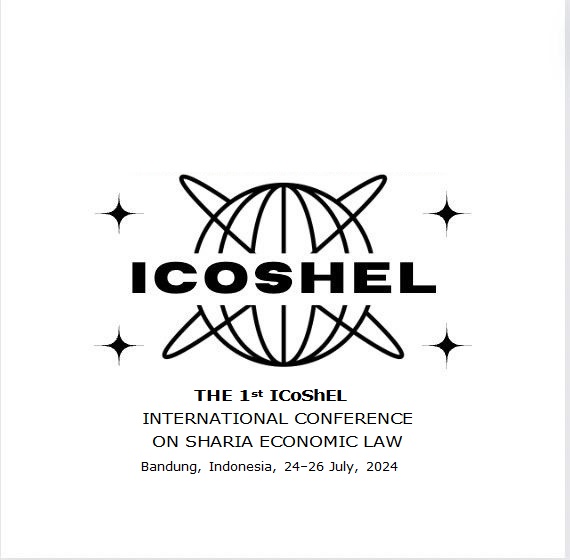Coffee Commodity Development
An Effort to Accelerate Diversification of Food Consumption Based on Local Resources in Central Aceh Regency
DOI:
https://doi.org/10.47766/alhiwalah.v2i2.1980Keywords:
Coffee Commodity Development, Food Consumption Diversification, Local ResourceAbstract
This research discusses the Development of Coffee Commodities as an Effort to Accelerate Diversification of Food Consumption Based on Local Resources in Central Aceh Regency. This research aims to analyze the development of coffee commodities as an effort to accelerate the diversification of local resource-based food consumption in Central Aceh Regency. Central Aceh Regency has great potential in coffee production, but the limited diversification of local food consumption is one of the problems that need to be overcome. This research uses a descriptive method with a qualitative approach to collect data from various sources, such as field surveys, interviews, and documentation of data analysis used in this research primary and secondary data. Based on the results of the study it was found that: The development of coffee commodities as an effort to accelerate the diversification of local resource-based food consumption in Central Aceh District has great potential. By utilizing the favorable geographical conditions and diversity of coffee varieties, high quality coffee can be produced which is one of the alternatives for local food consumption. However, challenges such as lack of market access, lack of promotion, limited infrastructure, as well as climate change and pest attacks, need to be addressed through collaborative efforts between coffee farmers, local government, and other stakeholders
References
Alamsyah, Andry, Sri Widiyanesti, Puspita Wulansari, Eva Nurhazizah, Andrieta Shintia Dewi, Dadan Rahadian, Dian Puteri Ramadhani, Muhammad Naufal Hakim, and Prenzeline Tyasamesi. “Blockchain Traceability Model in the Coffee Industry.” Journal of Open Innovation: Technology, Market, and Complexity 9, no. 1 (March 2023): 100008. https://doi.org/10.1016/j.joitmc.2023.100008.
Aslan, Hakiye. “The Influence of Halal Awareness, Halal Certificate, Subjective Norms, Perceived Behavioral Control, Attitude and Trust on Purchase Intention of Culinary Products among Muslim Costumers in Turkey.” International Journal of Gastronomy and Food Science 32 (June 1, 2023): 100726. https://doi.org/10.1016/J.IJGFS.2023.100726.
Bhatt, Pragya, and Catherine Marina Pickering. “Analysing Spatial and Temporal Patterns of Tourism and Tourists’ Satisfaction in Nepal Using Social Media.” Journal of Outdoor Recreation and Tourism, June 3, 2023, 100647. https://doi.org/10.1016/J.JORT.2023.100647.
Lin, Jinping, Bowen Zhang, Jiajia Feng, Zeyu Yi, Hao Zhang, Man Luo, Zhujun Zhong, and Fei Zhao. “Determining Food Tourism Consumption of Wild Mushrooms in Yunnan Provence, China: A Projection-Pursuit Approach.” Heliyon 9, no. 3 (March 1, 2023): e14638. https://doi.org/10.1016/J.HELIYON.2023.E14638.
Ramadhan Razali. “Industri Halal Di Aceh: Strategi Dan Perkembangan.” Jurnal Al-Qardh 6, no. 1 (2021): 17–29.
Razali, Ramadhan. “Akselerasi Daya Beli Masyarakat Terhadap Produk Halal Melalui E-Commerce Di Provinsi Aceh.” Jurnal Iqtisaduna 7, no. 2 (October 13, 2021): 115–26. https://doi.org/10.24252/IQTISADUNA.V7I2.24080.
Zhang, Puwei, Jia Wang, and Rui Li. “Tourism-Type Ontology Framework for Tourism-Type Classification, Naming, and Knowledge Organization.” Heliyon 9, no. 4 (April 1, 2023): e15192. https://doi.org/10.1016/J.HELIYON.2023.E15192.
Downloads
Published
Issue
Section
License
Copyright (c) 2023 Muhammad, Ramadhan Razali

This work is licensed under a Creative Commons Attribution-ShareAlike 4.0 International License.






